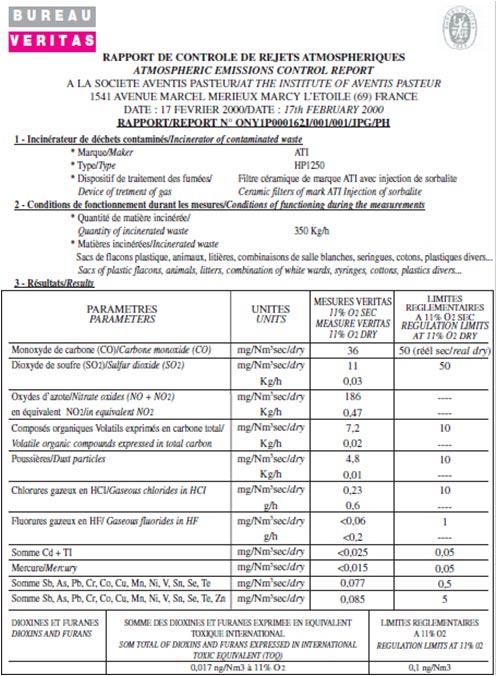“ Just like access to food, clean
water and shelter, a healthy
environment is a
basic human right ”
─ United Nations Environment Assembly, May 23rd, 2016

The Facts
The Hard Truth of Medical Waste and Trash
Youtube Video shows how medical waste is just thrown away in nature, thus polluting the environment with dangerous and toxic (B3) waste.

250,000
Hospital beds (only)
Indonesia has one of the lowest number of hospital beds per person in the world with 0.9beds per 1000 people. Since 2014 the mandatory Universal Health Coverage has led to a boom in the Healthcare industry adding 30% more beds per annum. The country currently doesn’t have any infrastructure to deal with this waste, let alone its future proportional growth.

136,000 tons
of contaminated medical waste per year
Each hospital bed creates between 0.75 and 3kg of infectious waste per day. Hazardous waste needs specific management due to obvious sanitary risks of viruses and pathogens transmission. Today, 90% of this medical waste is dumped with general waste, ending in landfills, rivers, ultimately exposing the general public to its contact.

175,000
tons of plastic trash/day
A well documented issue reaching alarming proportions. Affecting natural and urban areas alike, ecosystems and disrupting sanitation system. Plastic pollution is seeing some recycling efforts on PET bottles. But the main issue of all other plastics, especially bags and food packaging, remains untouched, and critical.
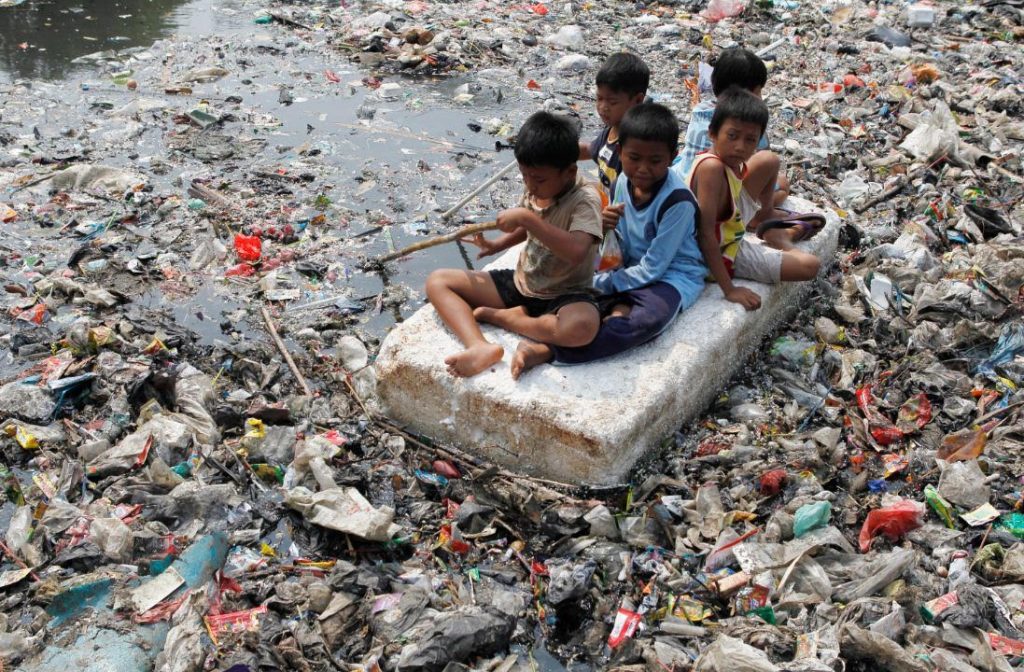
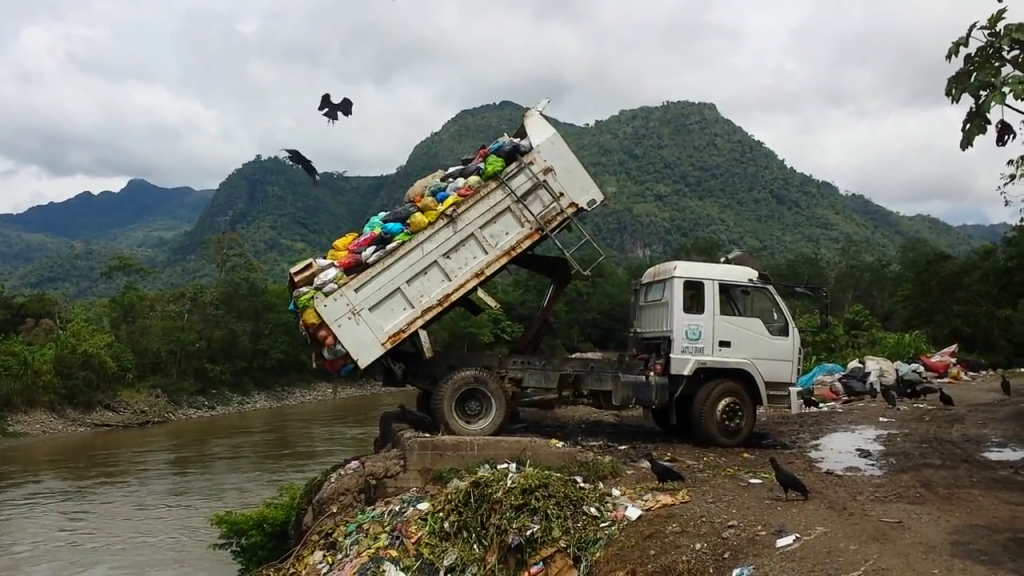
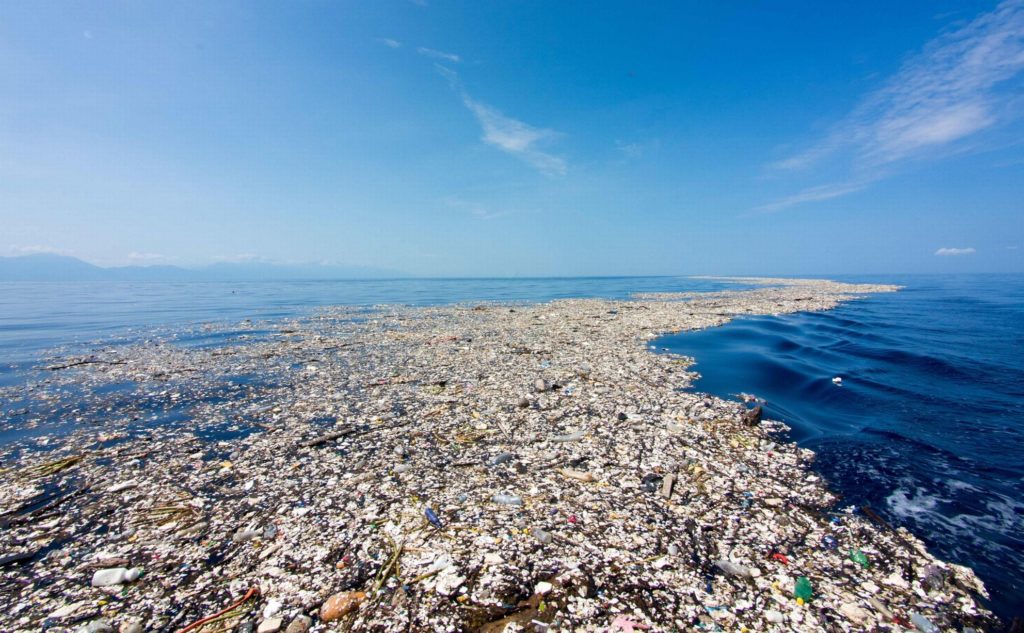
It's time for a change
KLIN’s vision:
An environmental solution designed
for positive social impact.
Our motto: GREEN.NOW
We’re a lot more than just picking up trash. Our commitment is to preserve Indonesia’s environment for the community, and its future generations. The backbone of our daily operations carries this message of social and environmental stewardship. With innovation on the front line, KLIN aims to become a key player in Indonesia’s environmental sustainability.
Creating a measurable difference
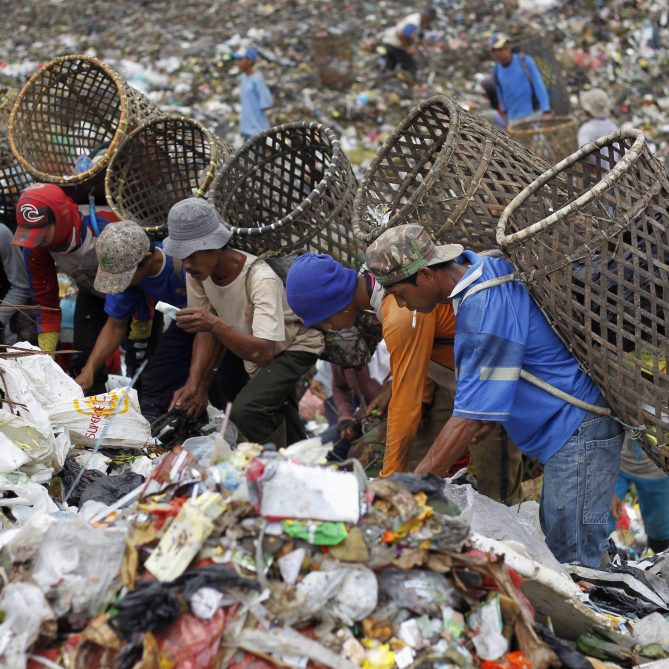
COMMUNITY INCOME
Commoditizing plastics creates new income opportunities and an economy for local populations, and shift mindsets towards sustainable reflexes

PUBLIC HEALTH PREVENTION
Up to 19,000 tons of medical waste incinerated per year in Bali and East-Java prevent risks of diseases and contamination.

ENVIRONMENTAL PROTECTION
Up to 3000 tons of marine plastics eliminated in 5 years, equivalent to 20 billion plastic bags de-polluting the waters of Bali alone.

Clean pyrolisis technology. Approved by the W.H.O
The Process
Hospital Waste Management & Medical Waste
This video shows how KLIN -INDONESIA carries out the process of managing hospital waste & medical waste.
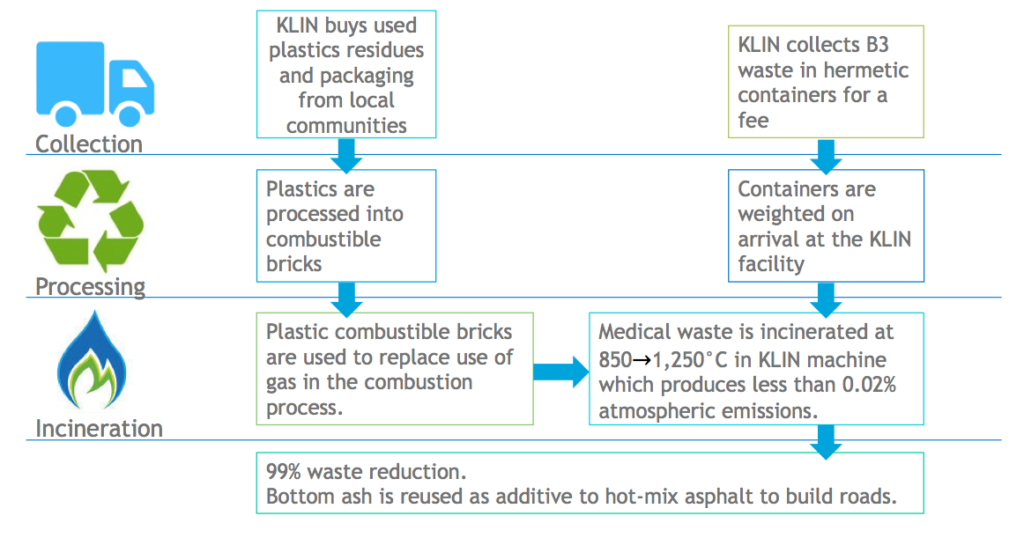

COST-EFFECTIVE
A one stop solution at a predictable cost for the healthcare industry.

FIGHTING POVERTY
KLIN turns non-recyclable plastic into new income opportunities for local communities

GREEN
KLIN introduces a new environmental standard to the Indonesian healthcare industry, starting with Bali and Nusa Tenggara islands.

LEGALLY COMPLIANT
KLIN allows the healthcare industry to comply with the Indonesian Government Regulation no18 of 1999 on hazardous waste management
Two problems, one solution
On a mission against plastic and medical waste pollution

Infectious waste
Are considered as infectious waste, all wastes that are susceptible to contain pathogens (or their toxins) in sufficient concentration to cause diseases to a potential host. Examples of infectious waste include discarded materials or equipment, used for the diagnosis, treatment and prevention of disease that has been in contact with body fluids (dressings, swabs, nappies, blood bags…). This category also includes liquid waste such as faeces, urine, blood or other body secretions (such as sputum or lung secretions).
Pathological and anatomical waste
Pathological waste consists in organs, tissues, body parts or fluids such as blood. Even if pathological waste may contain healthy body parts, it has to be considered as infectious waste for precautionary reasons.
Anatomical waste is a sub-group of pathological waste and consists in recognisable human body parts, whether they may be infected or not. Following the precautionary principal, anatomical waste is always considered as potential infectious waste.
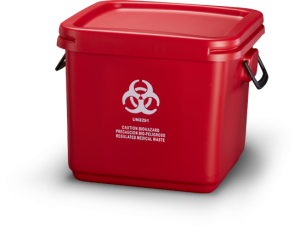
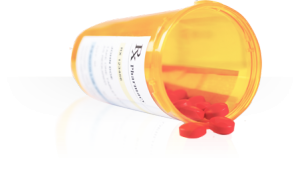
Hazardous pharmaceutical wastee
Pharmaceutical waste includes expired, unused, spilt and contaminated pharmaceutical products, drugs and vaccines. In this category are also included discarded items used in the handling of pharmaceuticals like bottles, vials, connecting tubing. Since the Ministry of Health has taken specific measures to reduce the wastage of drugs, HCFs should deal only with small quantities of pharmaceutical waste.
This category also includes all the drugs and equipment used for the mixing and administration of cytotoxic drugs. Cytotoxic drugs or genotoxic drugs are drugs that have the ability to reduce/stop the growth of certain living cells and are used in chemotherapy for cancer. Cytotoxic waste is dealt with under a separate heading.
From plastic to energy
Plastics aren’t easy to recycle, but can be great as a clean energy source. In fact, when processed in KLIN’s high technology facilities, plastics are used to keep incinerators at optimal temperatures, replacing GPL consumption completely without any toxic waste, Dioxin or Furan emissions.
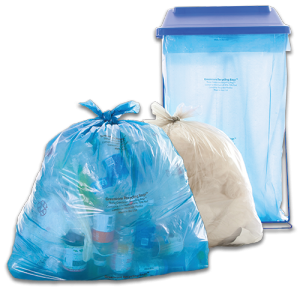
Milestones

A strategic geographical reach

Meet the team
Executive team
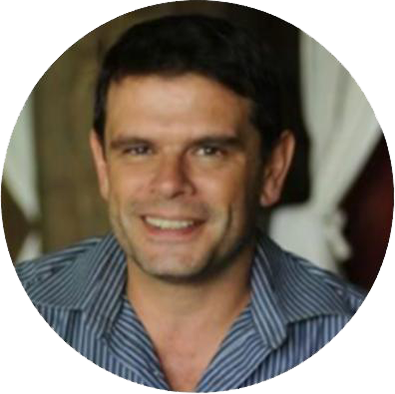
Arnaud Quetat-Riou
Founder & CEOArnaud is an engineer with 15 years of experience heading the logistics of complex international projects in construction and humanitarian operations for the United Nations World Food Program and Handicap International. He fell in love with Indonesia in 2006, while managing a post-tsunami re-construction effort with 530 people under his direction in Aceh, Sumatra and speaks fluent Indonesian. Prior to his experience in Asia, Arnaud has a background of 10 years in waste management, audit and certification with Bureau Veritas in France.
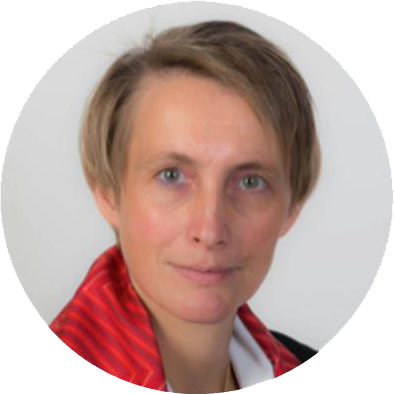
Alexandrine Mannier
Co-Founder and CFOA finance and accounting professional, Alexandrine has 15 years of experience managing the budgets of large international NGO projects for Medecins sans Frontieres and Handicap International around the globe. Her field experience, and ability to adapt to local administrative and legal challenges result in lean and efficient operations. She worked with Arnaud at Handicap International in Aceh, Indonesia, successfully managing the finances of a 274 houses re-construction effort from 2006 to 2009.
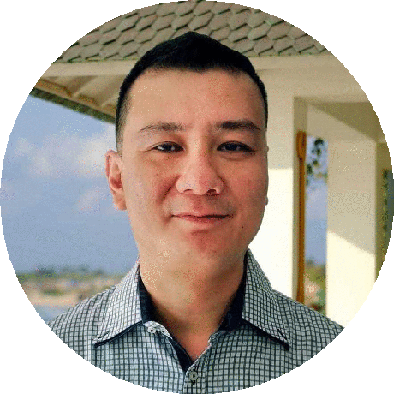
Christian Reynold Setiono
COOAn airport logistics professional originating from Bandung, Indonesia, Christian brings 15 years of technical operations management experience to the team. His expertise involves the coordination of aircraft logistical activities in accordance with International Civil Aviation’s stringent standard operating procedures, which translate well to the sensitive nature of waste material handled by KLIN. Well connected, Christian also facilitates KLIN’s day to day local presence and future national expansion plans.

“Ari” Ni Putu Ariasti
Administration ManagerA Balinese native, Ari is on a mission to solve her island’s pollution challenges. She manages KLIN’s relations with the Government , and facilitates all administrative procedures linked to immigration, importation and licensing matters, since the project’s creation, with persistence and results that speak for themselves.
Advisor
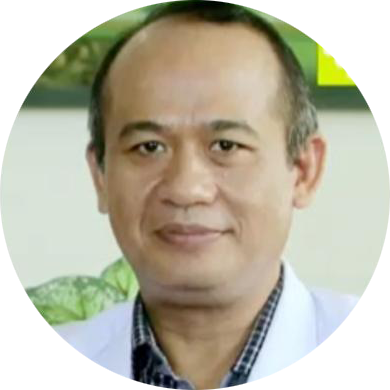
Dr I. Gede Kambayana, Sp.Pd-KR
Special AdvisorOne of Bali’s College of Doctors most eminent members is a Reumatologist, a lecturer at Bali’s Udayana medical university, and a frequent speaker at National and International healthcare events. A well known member of the Indonesian medical community, his passion in spreading the word about KLIN’s efforts, and securing interest with medical institutions in Bali, Indonesia has contributed highly to the project’s momentum. His deep understanding of the local healthcare industry, along with his network and relationships at the highest levels also bring practical support to KLIN’s development.

Dr. Desi Purnani Adam, S.H., M.H.
Legal AdvisorDr. Desi Purnani Adam, S.H., M.H., brings a dynamic, reliable, and trustable approach to our team. With a Doctorate in Law from Indonesia and a reputation for excellence, Desi adeptly navigates the legal complexities of our business, ensuring compliance and mitigating risks. Well-recognized and appreciated for her dedication, Desi embodies professionalism and integrity, making her an invaluable asset in managing the legal facets of our operations.
Stay informed
Don’t miss the news
Just check our latest blog posts
Contact



